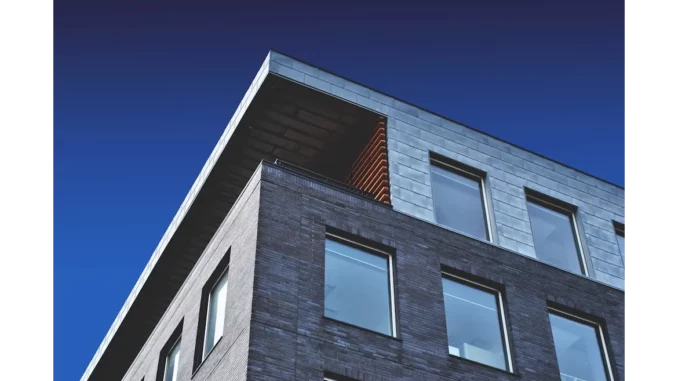
The real estate sector is experiencing a significant transformation as sustainability emerges as a pivotal focus. The evolution towards sustainable property investments is redefining the industry, presenting a blend of opportunities and challenges for investors, developers, and communities alike. This shift transcends mere environmental accountability, tapping into economic efficiencies and social advancements that resonate with contemporary values and expectations.
Focus360 Energy: property compliance services – pre-planning to post-construction. Learn more.
From an economic perspective, sustainable property investments are underpinned by compelling incentives. Foremost among these is the potential for substantial cost savings. Energy-efficient buildings, equipped with optimised heating, cooling, and lighting systems, substantially reduce utility expenses. Furthermore, the incorporation of water-saving technologies and waste reduction strategies enhances operational efficiency. Over time, these efficiencies can substantially bolster the profitability of sustainable properties. Additionally, properties designed with sustainability in mind often achieve higher market valuations due to their eco-friendly credentials and certifications such as LEED or BREEAM, which attract premium tenants and buyers. The financial landscape is further brightened by incentives and funding opportunities from governments and financial institutions, such as tax credits and grants, which can offset initial investment burdens and bolster the financial feasibility of sustainable projects. Moreover, these properties are typically more resilient to environmental risks, mitigating the potential impacts of extreme weather events and resource scarcity, thereby fortifying investor portfolios against climate-related challenges.
On the social front, sustainable property investments make a pronounced impact by prioritising the well-being of both occupants and the broader community. Developments that integrate green spaces, urban agriculture, and community-focused amenities foster a sense of belonging and enhance the overall quality of life. These social contributions not only increase the appeal of sustainable properties but also drive their market success. The positive implications extend to health and productivity, as sustainable buildings often feature improved indoor air quality, natural lighting, and acoustics, which have been linked to better health outcomes and increased productivity. In commercial environments, this translates into higher employee satisfaction and retention, making such properties highly attractive to businesses focused on enhancing workplace environments. Furthermore, the alignment of sustainable property investments with environmental, social, and governance (ESG) goals positions them well within the values of socially conscious investors, thereby broadening their appeal and enhancing their reputation as responsible corporate entities. The aesthetic and cultural dimensions of sustainable design should not be overlooked, as such developments can enrich communities through innovative and visually appealing architecture, creating lasting cultural legacies.
Nevertheless, the pathway to sustainable property investment is not without its obstacles. The initial costs associated with sustainable technologies and materials are often higher, necessitating meticulous financial planning and risk management. Navigating complex regulatory frameworks and securing funding represents additional hurdles for investors and developers. Yet, these challenges are counterbalanced by the enduring benefits that sustainable investments promise. As societal awareness around environmental and social issues continues to expand, the demand for sustainable properties is expected to grow, fuelling innovation and unveiling new market opportunities.
In essence, the movement towards sustainable property investments signifies a fundamental shift within the real estate industry. By embracing the economic and social dimensions, these investments represent a comprehensive approach to development that aligns with the evolving values and expectations of modern society. As the industry continues to advance, sustainable property investments are poised to be instrumental in crafting a more resilient, equitable, and prosperous future for all stakeholders involved.


Be the first to comment